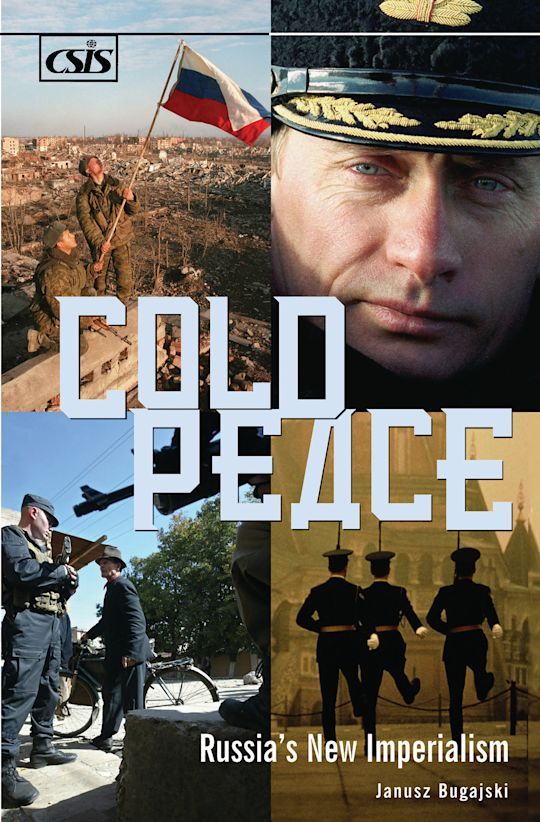
Cold Peace: Russia’s New Imperialism
In this first systematic analysis detailing Russia's post-Cold War imperialism, Bugajski challenges the contemporary equivalent of Cold War appeasement, which views Russia as a benign and pragmatic power that seeks cooperation and integration with the West.
Praeger/Greenwood, 2004
(Translated into Romanian, Bulgarian, Lithuanian)
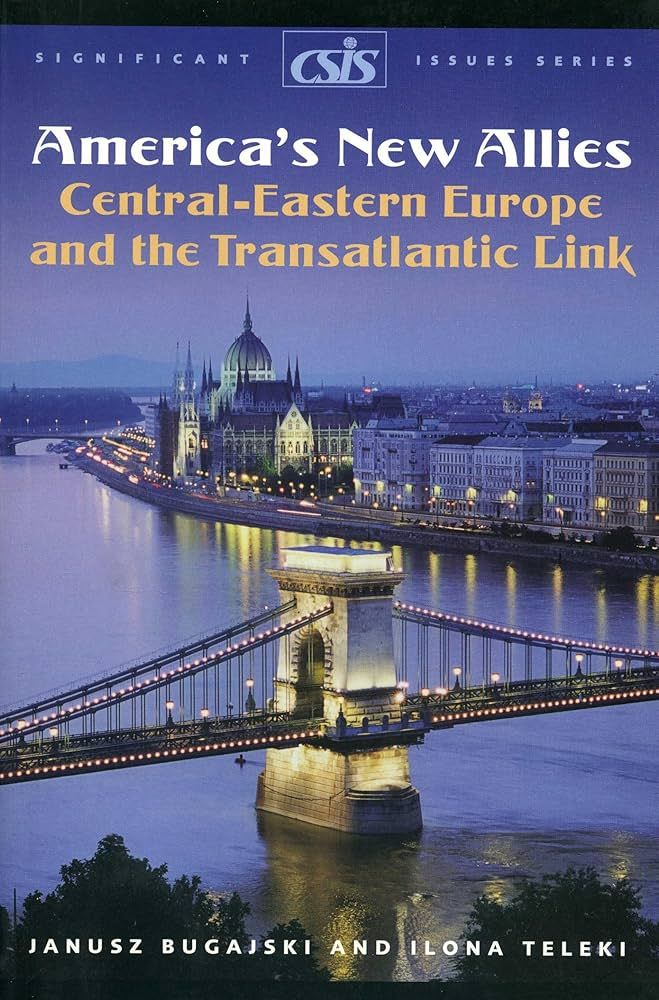
America’s New European Allies: Central-Eastern Europe and the Transatlantic Link
The "America's New Allies" book series focuses on the relationship between the United States and Central-Eastern Europe (CEE) nations, particularly in the context of EU and NATO expansion.
CSIS Press, 2006
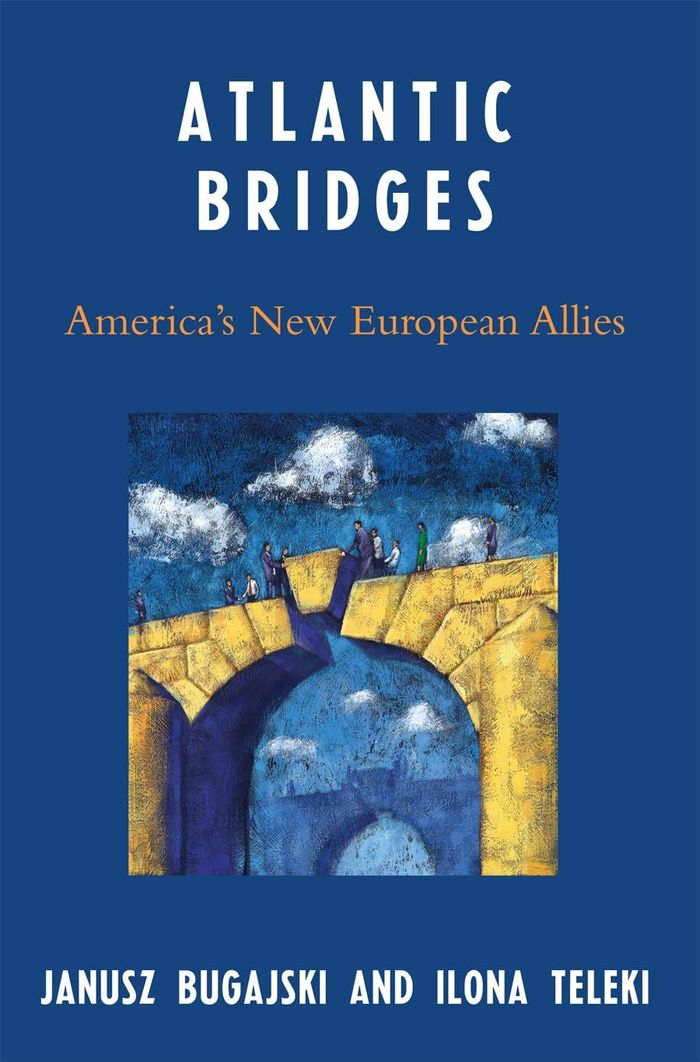
Atlantic Bridges: America’s New European Allies (with Ilona Teleki)
In the post-9/11 era of heightened security awareness, conflicting strategies for containing and combating security risks have strained relations between the United States and the European Union despite common goals.
Rowman & Littlefield, 2007
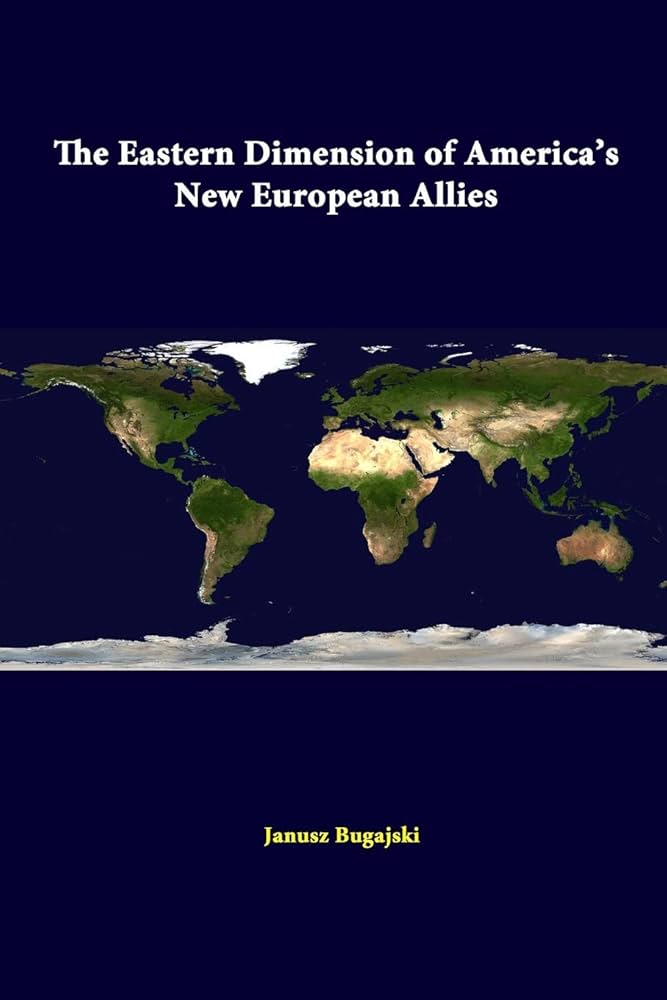
The Eastern Dimension Of America’s New European Allies
This monograph provides a set of recommendations to the United States, NATO allies, and EU institutions in promoting a more consequential Eastern Dimension. Above all, the U.S. administration needs to clearly make the argument that progress toward stable states and secure democracies in a widening Europe and an expanding trans-Atlantic community that encompasses the Black Sea zone is in America’s national interests and serves its strategic goals.
U.S. Army War College, 2007
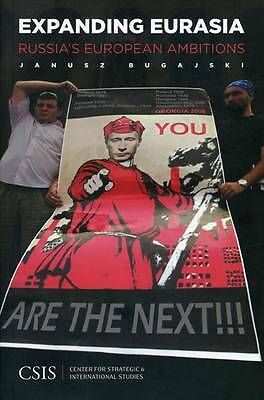
Expanding Eurasia: Russia’s European Ambitions
Moscow's overarching ambition toward Europe is to expand the "Eurasian space" in which Russia is the dominant political player. The author explains that the most effective and realistic long-term Western strategy toward Russia needs to combine "practical engagement" with "strategic assertiveness".
CSIS Press, 2008
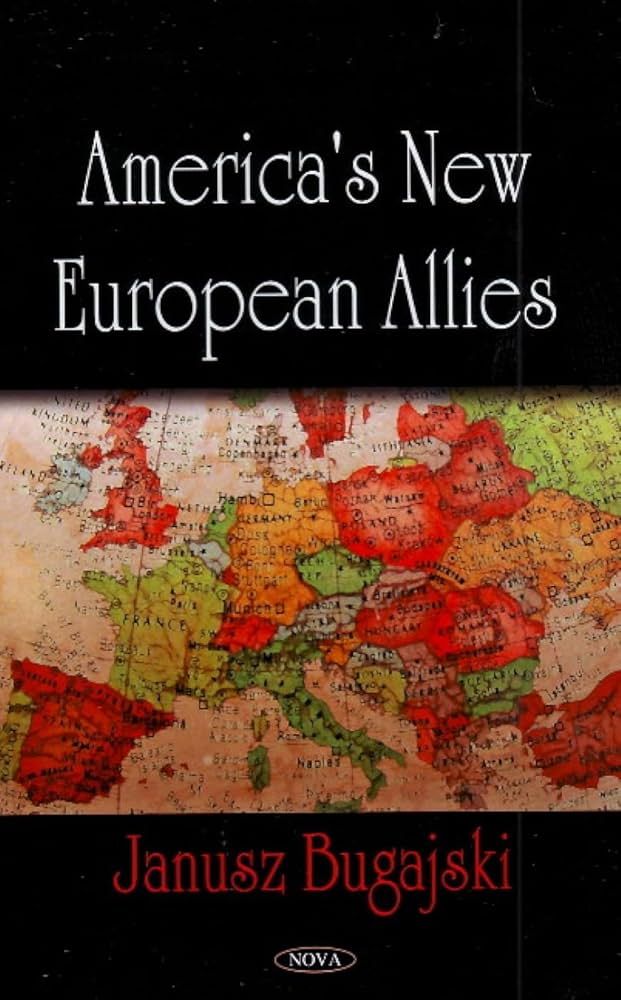
America’s New European Allies
This book provides a set of recommendations to the United States, NATO allies, and EU institutions in promoting a more consequential Eastern Dimension. Above all, the U.S. administration needs to clearly make the argument that progress toward stable states and secure democracies in a widening Europe and an expanding trans-Atlantic community that encompasses the Black Sea zone is in America's national interests and serves its strategic goals.
Nova Science Publishers, 2009
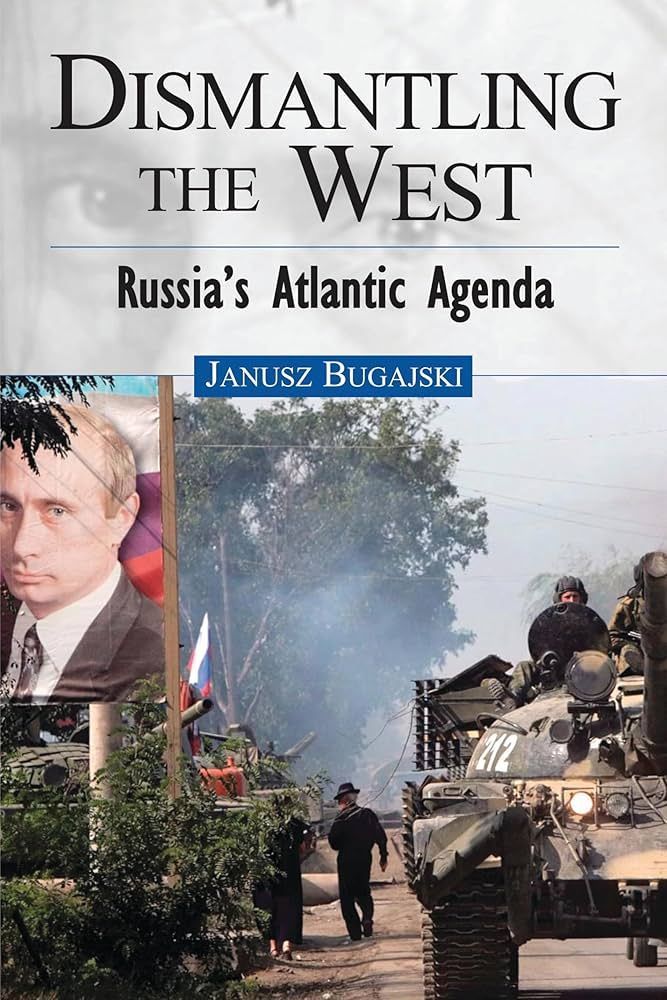
Dismantling the West: Russia’s Atlantic Agenda
Janusz Bugajski explores how the Russian authorities have systematically sought to undermine Western interests through sustained diplomatic campaigns, increasing control over energy supplies, escalating political subversion, and the recent military campaign in the Caucasus.
Potomac Books, 2009
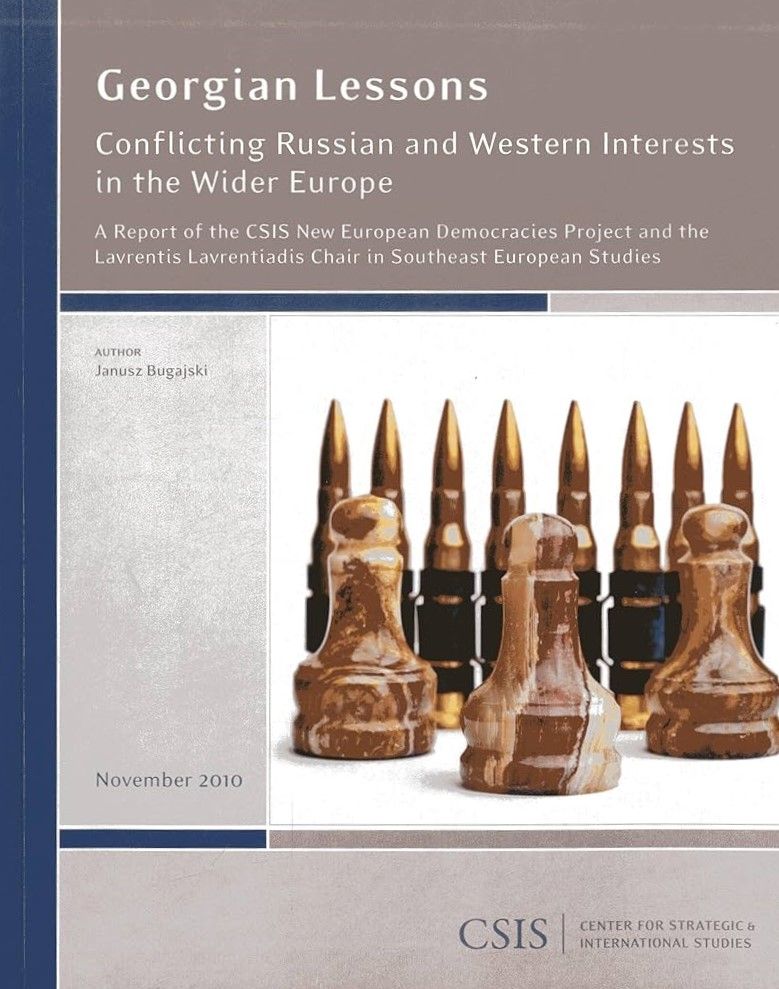
Georgian Lessons: Conflicting Russian and Western Interests in the Wider Europe
Russia's invasion, occupation, and partition of Georgia in August 2008 initially sent shock waves throughout Europe and NATO. This volume places the conflict in the context of Russia's broader objectives, its internal weaknesses, the limitations of EU and NATO policies, and America s security priorities.
CSIS Press, 2010
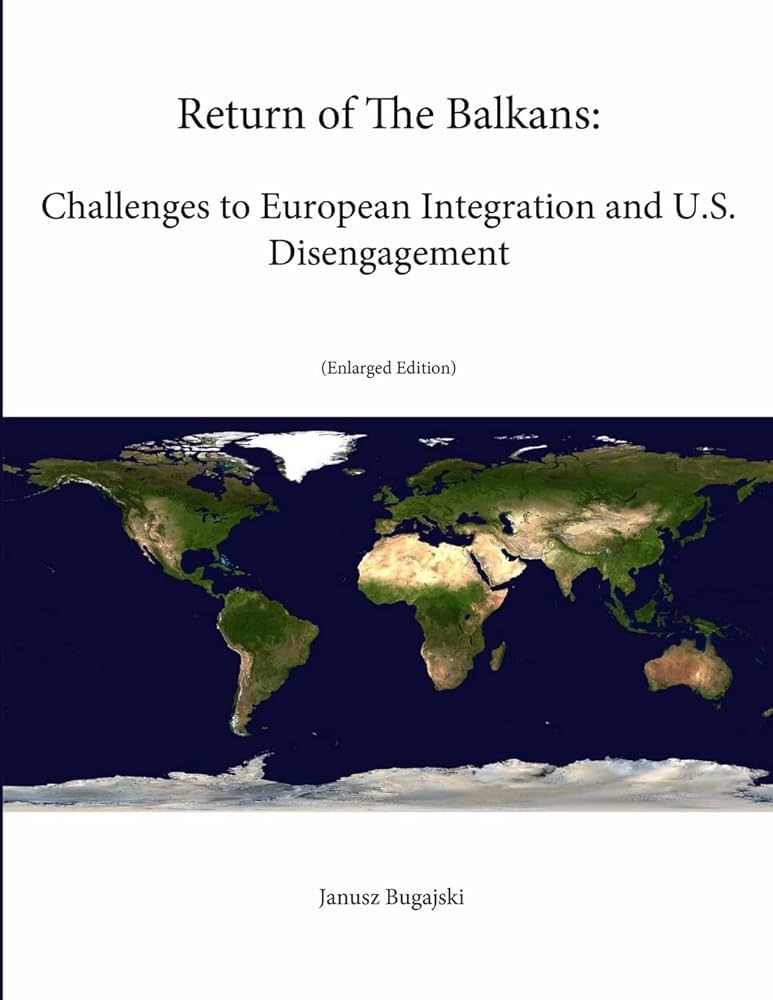
Return of the Balkans: Challenges to European Integration and U.S. Disengagement
This monograph focuses on the escalating security challenges facing the Western Balkans, assesses the shortcomings and deficiencies of current international engagement, considers future prospects for U.S. military involvement, and offers recommendations for curtailing conflict and promoting the region’s international institutional integration.
Strategic Studies Institute, US Army War College, 2013
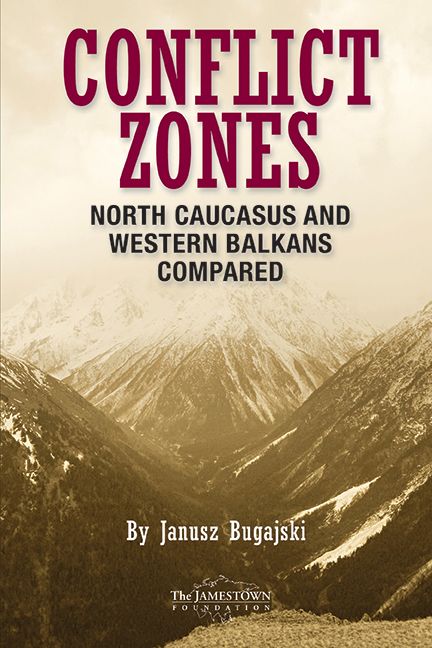
Conflict Zones: North Caucasus and Western Balkans Compared
Janusz Bugajski enhances our understanding of the causes and consequences of the current conflicts in the North Caucasus and extrapolates likely scenarios in the region's development. He compares and contrasts conditions in the North Caucasus with the former Yugoslav federation in the Western Balkans.
Washington DC: Jamestown Foundation, 2014